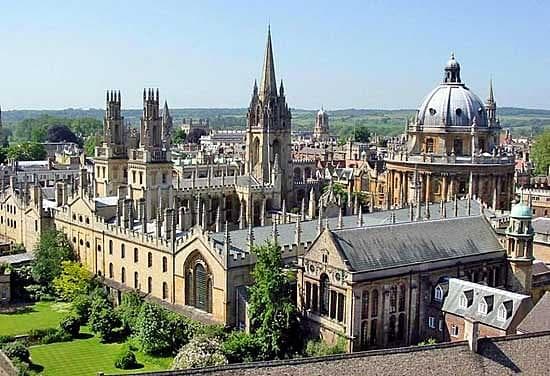The MSt in Modern Languages allows you to undertake advanced work in one or more languages and literatures, and as part of our dedicated comparative pathway. The Faculty of Medieval and Modern Languages is one of the largest centres of its kind in the world and has consistently come first in the QS rankings of Modern Languages departments. You will join a research community spanning medieval studies, early modern literature and culture, through to modern and contemporary literature, film, and cultural history. Areas of particular interest that span our different languages and period specialisms include Performance and Voice, Postcolonial and Decolonial Studies, Gender and Diversity, Ecology and Environmental Humanities, Cognitive Literary Studies, Medical Humanities and Life Writing, and Comparative Literature and Translation Studies.
The degree comprises three components:
- Two special subject options. Courses are offered across different language strands and specialisms, subject to the availability of the relevant supervisors in any particular year. Popular language-specific options include: Women’s Writing in Medieval Germany, Problems in Dante Interpretation, Francophone Literature, Realism and Its Alternatives in Spanish American Narrative, Latin American Cinema, Lusophone Women Writers, Contemporary Brazilian Fiction, Late Soviet and Post-Soviet Russian Literature, Modern Greek Literature in Comparative Frames, Literature and Culture of the Berlin Republic, and Conscience and Consciousness in French and Francophone Literature. You may also study cross-linguistic comparative options including European Enlightenment, Cultural Studies, Contesting Colonialisms, and Rethinking Subjectivity: Technology, Ecology, Critique, and Fictions.
- A theoretical or methodological component. Students can undertake one of the following courses: Spaces of Comparison, Key Questions in Critical Thought, History of Ideas in Germany from the Eighteenth to the Twentieth Centuries, or Palaeography, History of the Book and Digital Humanities.
- A dissertation.
If you wish to proceed to a research degree, the MSt will allow you to work towards the identification of a precise thesis subject and to gather research materials. This degree is also suitable if you do not wish to proceed to a research degree, as it enables you to build upon your undergraduate studies and to reflect on the methods of literary and cultural analysis.
You may choose to pursue a single language or study two literatures, including English, comparatively. You may also follow programmes in European enlightenment, cultural studies, or medieval literatures.
